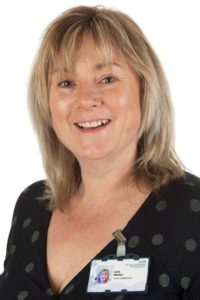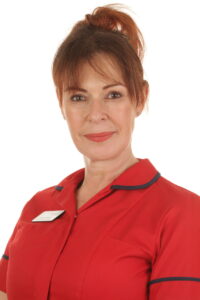Principal Investigator: Lois Mellor

Lois Mellor is the Director of Midwifery at Doncaster and Bassetlaw Teaching Hospitals NHS Foundation Trust. Qualifying as a nurse in 1991 and a midwife in 1994, Lois has worked across the UK in roles including specialist midwife, practice nurse, Matron, and child development lecturer supporting single mothers back into employment. In 2005, she became Yorkshire’s first governance midwife, later serving as Intrapartum Matron at Calderdale and Huddersfield. Since joining DBTH in 2019, Lois has led the maternity service with a passion for safe, high-quality care, becoming Director of Midwifery in 2020. She is proud to lead a dedicated team committed to making the service the best it can be.
Co-Principal Investigator: Janine Grayson

Janine Grayson is Head of Equity, Equality and Inclusivity for Maternity Services at Doncaster and Bassetlaw Teaching Hospitals NHS Foundation Trust. A nurse since 1990 and a midwife since 1996, she has focused her career on public health and supporting vulnerable communities, with her MSc research examining maternity care for women with learning disabilities. Since joining DBTH in 2022, Janine has led initiatives to improve engagement with Deaf, BAME, and asylum-seeking families, secured funding for BSL resources, and provided staff training in inclusivity. Janine is also a PhD student at the University of Sheffield.
Who else is involved in BaBi-D?
Doncaster & Bassetlaw Teaching Hospitals (DBTH), is the lead organisation hosting the Principal Investigator. The Trust works in partnership with RDASH, Doncaster Council and Primary Care to deliver this large research programme. Expert researcher support and funding is provided by our partner universities – the University of Sheffield and Sheffield Hallam University – to assist in the research study.
BaBi-D is aligned to DBTH’s Research and Innovation Strategy and is part of a larger cohort study run by the Born and Bred in (BaBi) Network.

Content out of date? Information wrong or not clear enough? Report this page.
